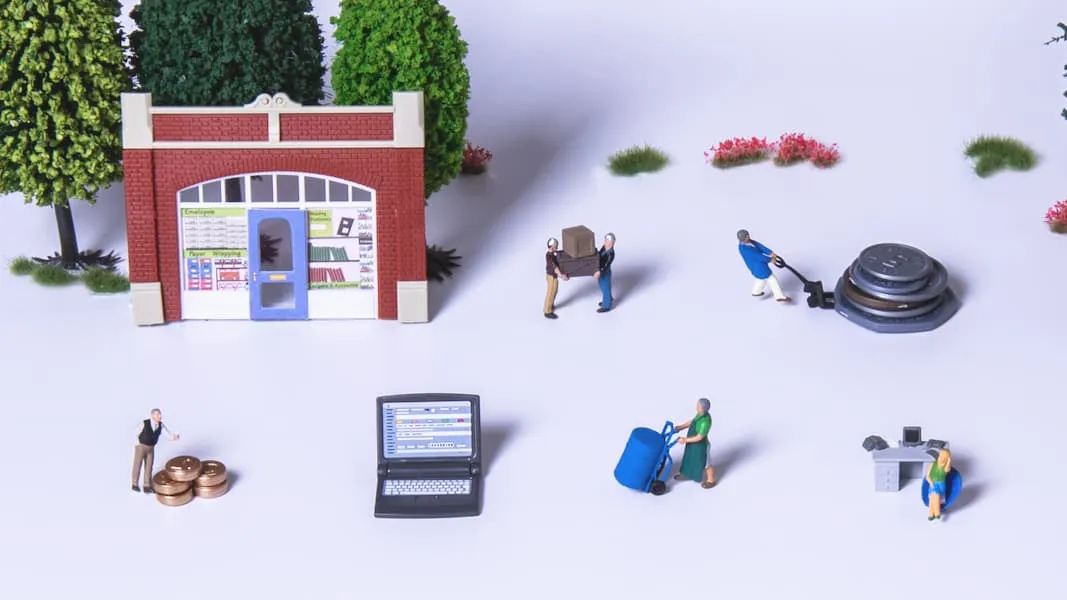What is the flow state and how can it help you and your business?
5
min read
What is the flow state and how can it help you and your business?





It’s an amazing sensation when something you’re working on comes together and you’re so absorbed in the task you lose track of time. That feeling of ultra focus and efficiency is known as the ‘flow state’ and it is becoming increasingly important for businesses.
The term was coined in the 1970s by psychologist Mihaly Csikszentmihalyi, who highlighted eight factors that facilitate the flow state. These include enabling complete concentration, being very clear of the end outcome or goal, balancing challenge and skills, and losing one-self in the task – becoming unaware of the passing of time. So, what are the benefits and how can we achieve this state?
Avoid distractions
It’s not hard to imagine the impact on an organisation if everyone is working together in a state of flow. In a study by McKinsey, the consultancy, participants reported being five times more productive in flow – a productivity boost that would be ground breaking for many businesses.
In the fast-moving, always on digital age, the challenge for companies is how to enable this, as Amrit Sandhar, founder of The Engagement Coach, explains.
“The technology that surrounds us can be a huge distraction to flow, from the constant temptation to check emails, to the need for that dopamine shot we get from a ‘like’ on LinkedIn,” he says. “It’s all about minimising distractions, so taking actions such as leaving your phone in a locker for a time is essential. It may not sound like much, but all it takes is one glance at your screen to spot an email that can cause an emotional reaction, shattering any focus and concentration, bringing flow state to a grinding halt.”
Some people find it easy to reach the flow state, but for others it takes effort and mindful management of their environment and mindset in order to create the right circumstances. Employers can help employees understand what they need to be able to work in flow and allow the flexibility to address these needs.
“For some that might mean working from home with no distractions, for others it might be about bringing together a team for a creative collaboration session,” says leadership coach Zoe Hawkins. “Ultimately when people are empowered to make choices about how and where to work, and are encouraged to learn what they need to be at their best, they can create the conditions themselves for flow to occur.”
Matching skills to challenges is also conducive to flow state working, so people should also be encouraged to play to their strengths. To perform best, we need to be challenged but not to the point that the challenge is greater than our skills. Employee training, such as the VIA strengths test, can help team managers match employees to the right work. This will not only help to achieve flow but may also positively impact employee wellbeing.
How mindfulness can help you flow
Mindfulness – a simple form of meditation that enables a moment-by-moment awareness of our thoughts, feelings, bodily sensations and surrounding environment – can support flow states in the workplace as individuals learn to declutter their minds before beginning each task.
“Stress and worry often manifests itself when you're thinking about the past or future,” says Anis Qizilbash, a keynote speaker on mindfulness and resilience. “If you're still thinking about an email you read two hours ago, then you're not fully present in the moment and you're not giving all your attention and energy to the task at hand.”
The role of people
Flow state can also be enhanced by the way that companies hire people. As motivational business speaker Jim Rohn famously said: “You are the average of the five people you spend most time with.”
“It’s worth ensuring that you spend time with are those who stimulate and pep you up,” says Sophie Devonshire, CEO at strategic consultancy The Caffeine Partnership. “The more energy there is around you the more you will have for yourself.”
Devonshire cites Liv Garfield, the FTSE 100 CEO of Severn Trent, and her very deliberate hiring policy, which is to prioritise finding people with the ability and energy to unblock or remove the speed bumps that slow down progress.
“The role of good people is often to take things away as well as to add things – taking away hurdles, speed bumps and blocks allows energy to flow more freely and things to accelerate,” Devonshire adds.


How to use payroll loans for small businesses

Business Loans comparison: High Street Banks vs. Alternative Lenders
Comparing the pros and cons of getting a business loan from traditional lenders and alternative finance providers, including how they differ in application processes, speed of funding, rates and flexibility.

Working capital ratio
Discussing the importance of calculating your company’s working capital ratio, what it represents and how to improve the ratio.








